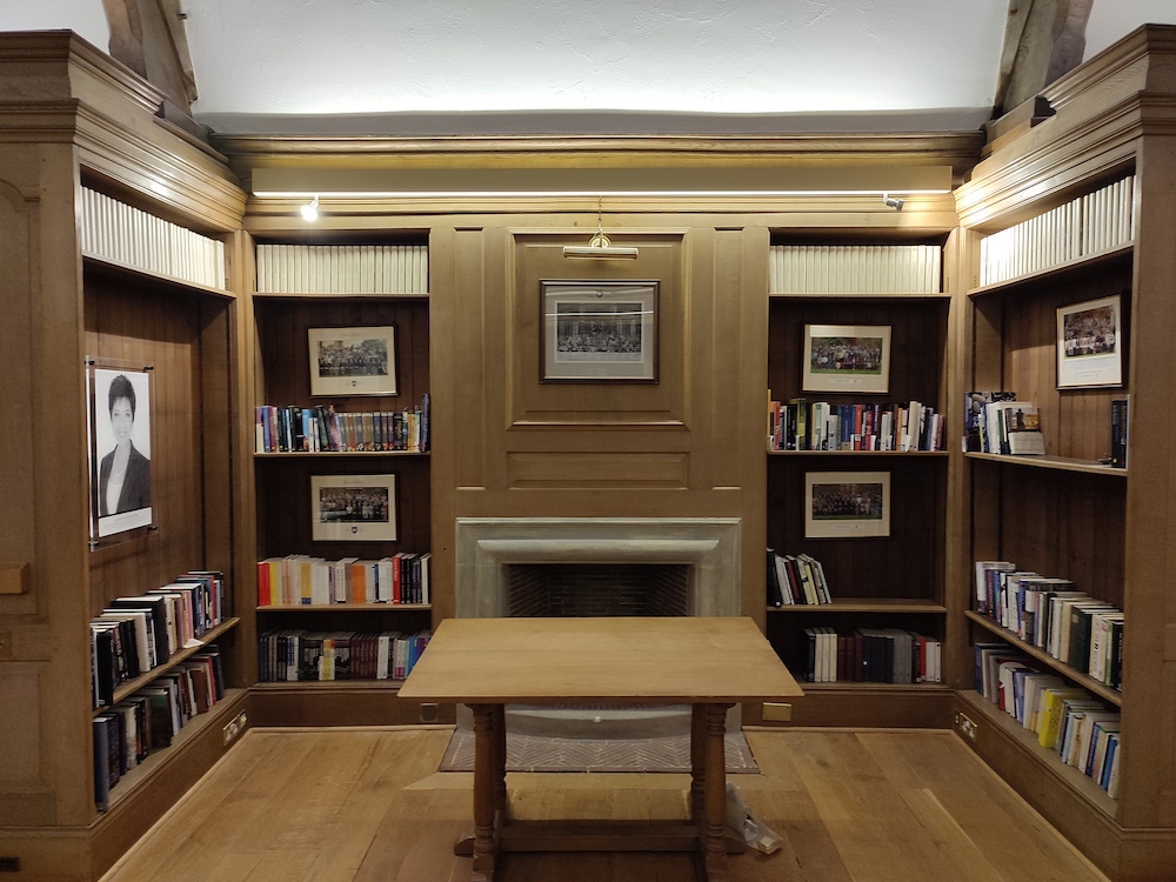It started through a misunderstanding. After featuring E. F. Schumacher (Germany & New College 1930) in our Changing The World For 120 Years infographic, I was asked whether the Rhodes House library had a copy of his seminal work, Small is Beautiful. We didn’t, but I felt that we should. So I set about compiling a short list of significant works by Rhodes Scholars that we ought to have in the library.
“How’s your ‘120 books’ project going?” I was asked a little later. “It’s not 120 books… oh hang on, that’s a much better idea”. Rather than restrict ourselves to Pulitzer Prize winners like Robert Penn Warren (Kentucky & New College 1928)’s All The King’s Men and “obvious” classic works like Edwin Hubble (Illinois & Queen's 1910)’s The Realm of the Nebulae, a list of 120 books would enable us to celebrate lesser-known and more recent books from Scholars across the ages.
But how do you pick 120 books from the vast and diverse array of works by Rhodes Scholars? Clearly “the best 120” would be impossibly subjective - how can you rank a collection of poetry in relation to a prime minister’s autobiography? So we have aimed for breadth and diversity: politicians and poets, scientists and sportsmen, doctors and dramatists.
The list contains books written by Scholars elected between 1904 (Laurence H. Gipson’s The British Empire Before the American Revolution) and 2018 (Jasmine’s Brown’s Twice As Hard). While a “one book per election year” rule would have had its attractions, it would present a number of unenviable decisions - from 1968, Bill Clinton’s autobiography, My Life, or Robert Calderisi’s hugely relevant and timely Cecil Rhodes and Other Statues? And how could I choose between 2004 classmates, Cristina Bejan who has helped me find many Scholars working in the arts who I didn’t know about, or Topé Folarin who makes such an eloquent case for the importance of the arts in addressing the crises the world faces today.
So in the end, the rules were fairly simple - books must have been written, edited, or translated by a Rhodes Scholar, and no more than one book per Scholar. Sticking to those rules has been painful at times, because it has meant excluding biographies of Scholars such as Bram Fischer (Orange Free State & New College 1931) and Howard Florey (South Australia & Magdalen 1921), but we do include Walter Isaacson (Louisiana & Pembroke 1974)’s biography of Einstein. And never was I more tempted to break the “one book per Scholar” rule than to allow me to include both Robert Rotberg (New Jersey & University 1957)’s biography of Cecil Rhodes and his more recent Overcoming the Oppressors.
We chose the latter because if there is a theme running through the selections, it is the Trust’s mission of “standing up for the world” and fighting oppression. Nowhere in the selections is this more poignant than Run Racist Run by Eusebius McKaiser (South Africa-at-Large & St Antony's 2003) who died unexpectedly between us selecting and publishing the list.
We’ll be releasing the list gradually over the next two weeks leading up to the 120th Anniversary Reunion. We know that there are at least another 120 books that could have been included - please do get in touch via connect@rhodeshouse.ox.ac.uk and let us know what we’ve missed.


